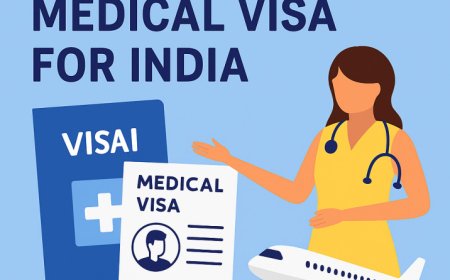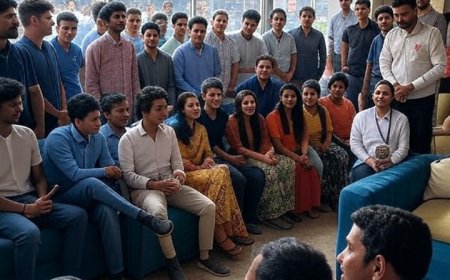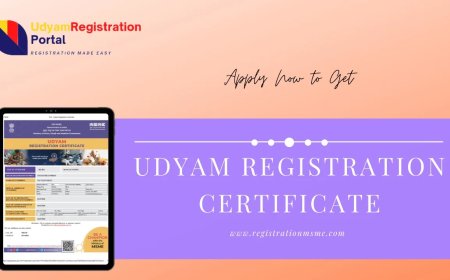Seamless Entry to Incredible India: Navigating the Indian Visa Application Process and Indian Visa Passport Requirements

India, a land of unparalleled diversity, spiritual depth, and vibrant cultural experiences, continues to draw millions of visitors from across the globe.1 Whether you're planning to explore ancient temples, trek the Himalayan peaks, attend a business conference, or seek world-class medical treatment, understanding the Indian Visa Application Process is your essential first step. Crucially, strict attention must be paid to the Indian Visa Passport Requirements, as these are fundamental to a successful application.
The Evolving Indian Visa Application Process
Over the past decade, India has significantly streamlined its visa procedures, moving much of the application online through the eVisa system. This digitalization has greatly enhanced convenience for many nationalities, reducing the need for in-person embassy visits.2 However, the specific process can vary depending on your nationality and the purpose of your visit.
The general steps involved in the Indian Visa Application Process typically include:
-
Determine Your Visa Type: This is the most critical initial decision. India offers various visa categories, each with distinct eligibility criteria and required documents.3 Common types include:
-
e-Tourist Visa (eTV): For leisure, sightseeing, casual visits to friends/relatives, short-term yoga programs, or brief medical treatments.4 This is the most popular choice for general tourism.
-
e-Business Visa: For business meetings, conferences, establishing industrial/business ventures, sales, or recruitment.
-
e-Medical Visa & e-Medical Attendant Visa: For those seeking medical treatment and their accompanying family members.5
-
Regular/Paper Visas: For purposes not covered by the eVisa (e.g., employment, student, research, journalist, long-term stays, or for nationalities not eligible for eVisa). These are typically processed through an Indian Embassy/High Commission or their outsourced service providers (like VFS Global or BLS International).
Access the Official Portal: For eVisa applications, always use the Indian government's official eVisa website: indianvisaonline.gov.in/evisa/tvoa.html. Beware of fraudulent third-party websites that may overcharge or provide incorrect information. For regular paper visas, the process typically starts on a different section of the same "indianvisaonline.gov.in" site, often linking to an external service provider's portal for submission.
Complete the Online Application Form: This form requires comprehensive personal details, travel itinerary, previous visa history, and more. Accuracy is paramount; even minor errors can lead to rejection or delays.6
Upload Required Documents: This step involves uploading scanned copies of your passport and photograph. Additional documents may be required based on the visa type.
Pay the Visa Fee: Fees vary by visa type, validity, and nationality.7 Payment is typically made online via credit/debit card for eVisas.8 For regular visas, payment methods are specified by the outsourced service provider.
Receive Your Visa/ETA:
-
For e-Visa: Upon approval, an Electronic Travel Authorization (ETA) is sent to your registered email.9 Print this ETA and carry it with your physical passport. Biometrics may be taken upon arrival in India.
-
For Regular Visa: If approved, your visa will be stamped directly into your passport, which you will either collect in person or receive via mail from the embassy/consulate/service provider.
Crucial Indian Visa Passport Requirements
Regardless of the visa type you apply for, your passport is the cornerstone of your Indian Visa Application Process. Strict Indian Visa Passport Requirements must be met to avoid automatic rejection:
-
Validity Period: Your passport must be valid for at least six months beyond your intended date of arrival in India. This is a non-negotiable requirement for virtually all Indian visa types, whether eVisa or regular.
-
Blank Pages: Your passport must have at least two blank pages for immigration stamps.10 For regular visas, these pages are also needed for the visa sticker itself.
-
Machine-Readable Passport: Your passport must be machine-readable. Most modern passports issued globally meet this standard.
-
No Endorsements for Children/Spouses: Each individual applying for a visa, regardless of age (including infants), must have their own separate, valid passport.11 Endorsements on a parent's or spouse's passport are generally not accepted for Indian visas.12
-
Consistency of Information: All information provided in your Indian Visa Application Process must exactly match the details in your passport. This includes your name, date of birth, place of birth, and passport number. Even slight discrepancies can lead to significant issues.
-
Scanned Copy for eVisa: For an eVisa, you will need to upload a high-quality, clear scanned copy of the biographical page of your passport (the page containing your photo and personal details).13 Ensure all information is legible and the entire page is included. The file format (usually PDF) and size limits must be adhered to.
-
Physical Passport for Regular Visa: For regular paper visas, your original physical passport must be submitted to the embassy, consulate, or designated visa application center.
Additional Passport-Related Considerations:
-
Previous Passports: While not always a strict requirement to submit old passports, details of previous Indian visas (if any) or past travel to India will be asked in the application form. Having copies of old passports can be helpful.
-
Proof of Nationality: Your passport serves as primary proof of your nationality. In some cases, particularly for individuals with dual nationality or specific country origins (e.g., Pakistani origin), additional documentation related to renunciation of previous citizenship or proof of non-Pakistani origin might be required, which impacts how their Indian Visa Passport Requirements are assessed.
-
Damaged Passports: Passports with any significant damage (e.g., water damage, torn pages, unreadable information) may be rejected. Ensure your passport is in good condition.
By diligently adhering to the specific Indian Visa Passport Requirements and carefully navigating each step of the Indian Visa Application Process, international travelers can significantly increase their chances of a smooth and successful visa acquisition, setting the stage for an enriching and memorable experience in India. It is always advisable to apply well in advance of your travel dates to account for any unforeseen processing delays or requests for additional information.









































